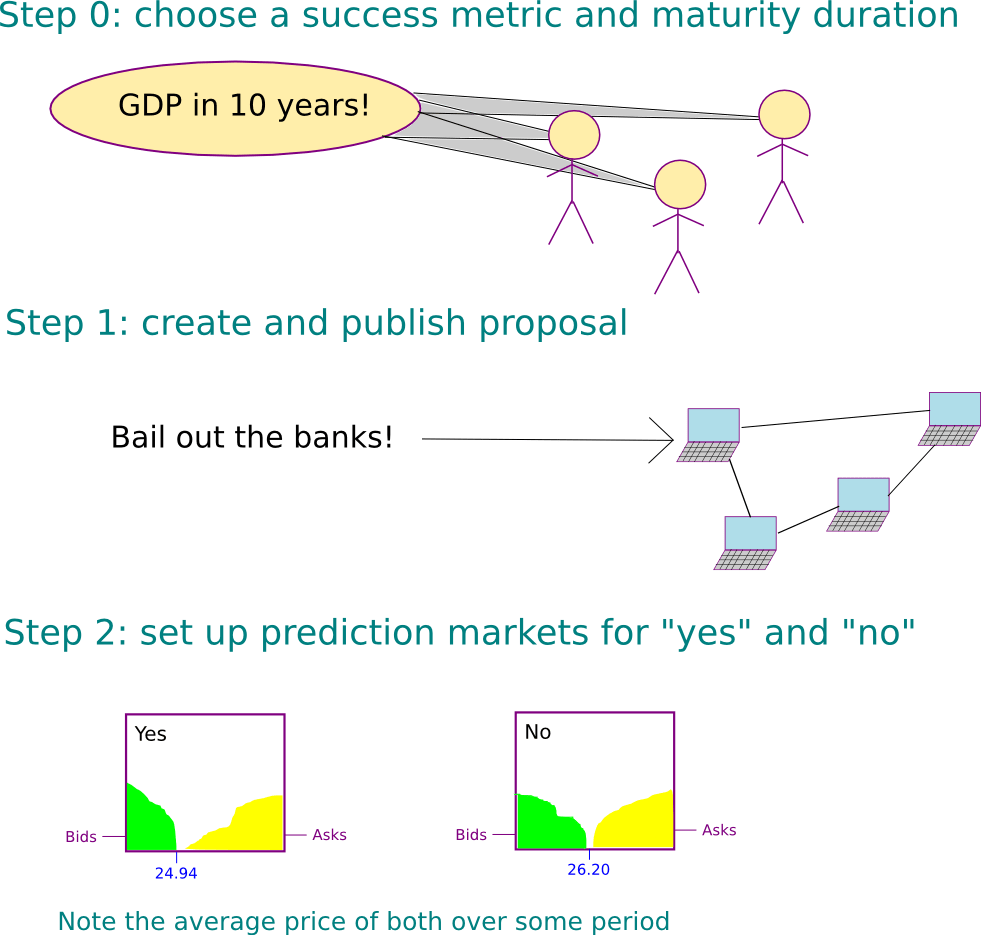
Using Consensus Mechanisms as an approach to Alignment — LessWrong

I'm generally in the first camp; I am concerned about the prospect of both the West and China settling into a kind of low-growth conservatism, I love how imperfect coordination between nation states limits the enforceability of things like global copyright law, and I'm concerned about the possibility that, with future surveillance technology, the w... See more
Vitalik Buterin • What do I think about network states?
There’s a toolbox of reusable concepts for analyzing systems I would call “inadequate”—the causes of civilizational failure, some of which correspond to local opportunities to do better yourself. I shall, somewhat arbitrarily, sort these concepts into three larger categories: Decisionmakers who are not beneficiaries; Asymmetric information; and abo
... See moreEliezer Yudkowsky • Inadequate Equilibria
The two most important problems (at least how I am thinking about them currently), are:
Finding a rigorous scientific framework for how different agent skills, personalities, and instructions combine to be most capable for different problems (think of this as social management science for AI agents) .
Figuring out how you formally validate and verify... See more
Finding a rigorous scientific framework for how different agent skills, personalities, and instructions combine to be most capable for different problems (think of this as social management science for AI agents) .
Figuring out how you formally validate and verify... See more
Shortwave — rajhesh.panchanadhan@gmail.com [Gmail alternative]
The promise of DAOs lies in self-governance. With the appropriate tools and mechanics, contributors can onboard, coordinate, reward one another, rather than relying on one single point of failure. In absence of such infrastructure, decisions will continue to be made arbitrarily and consensus cannot scale across the network.